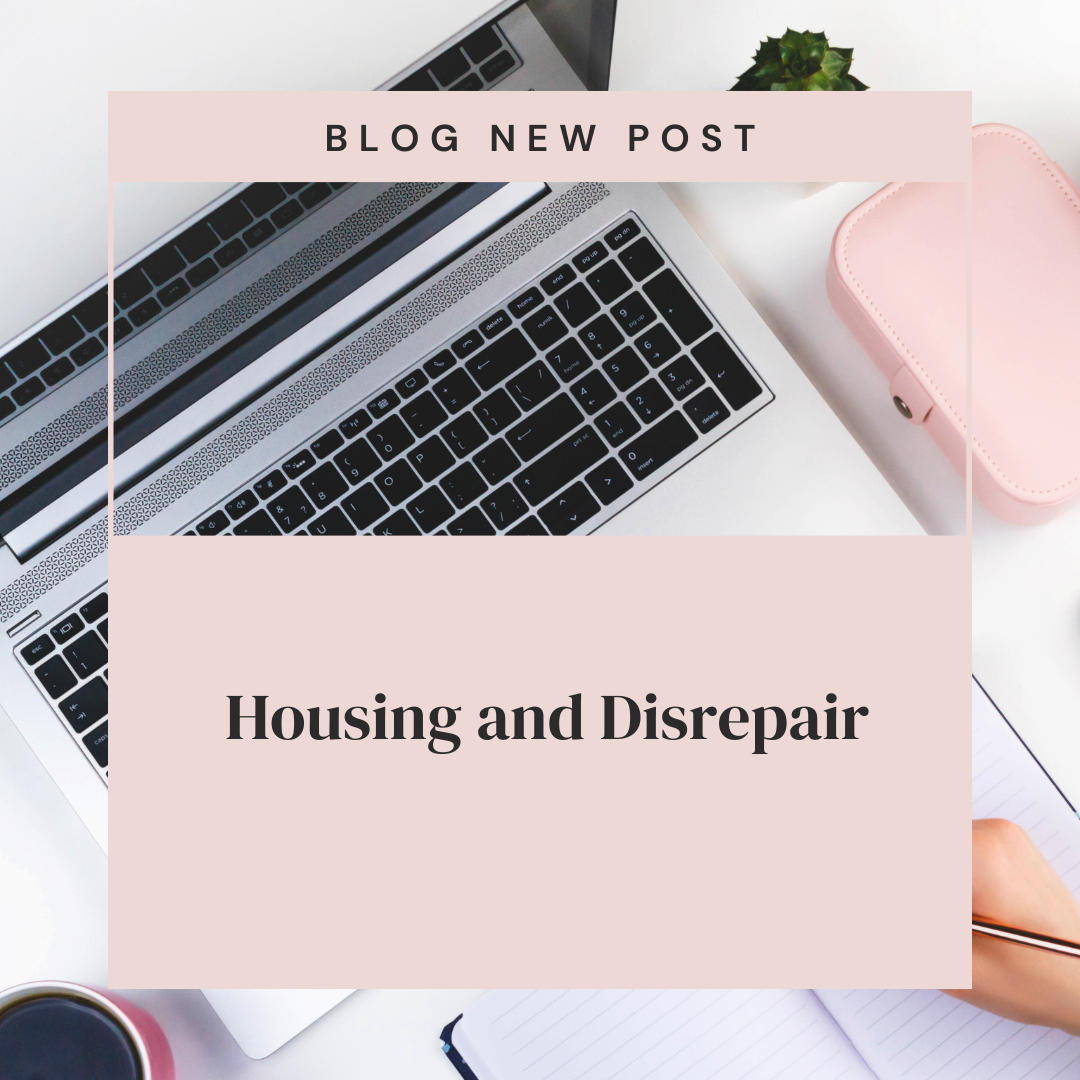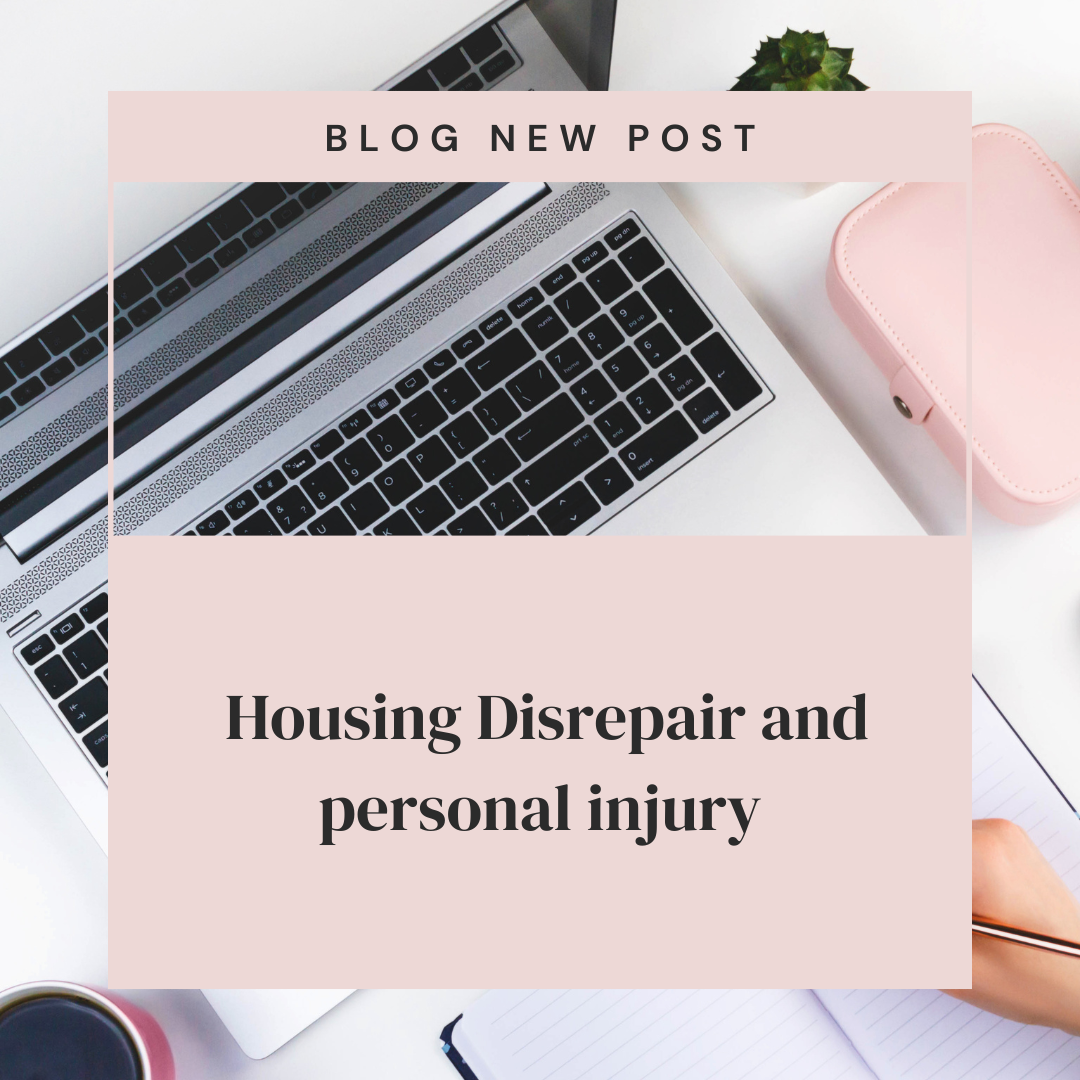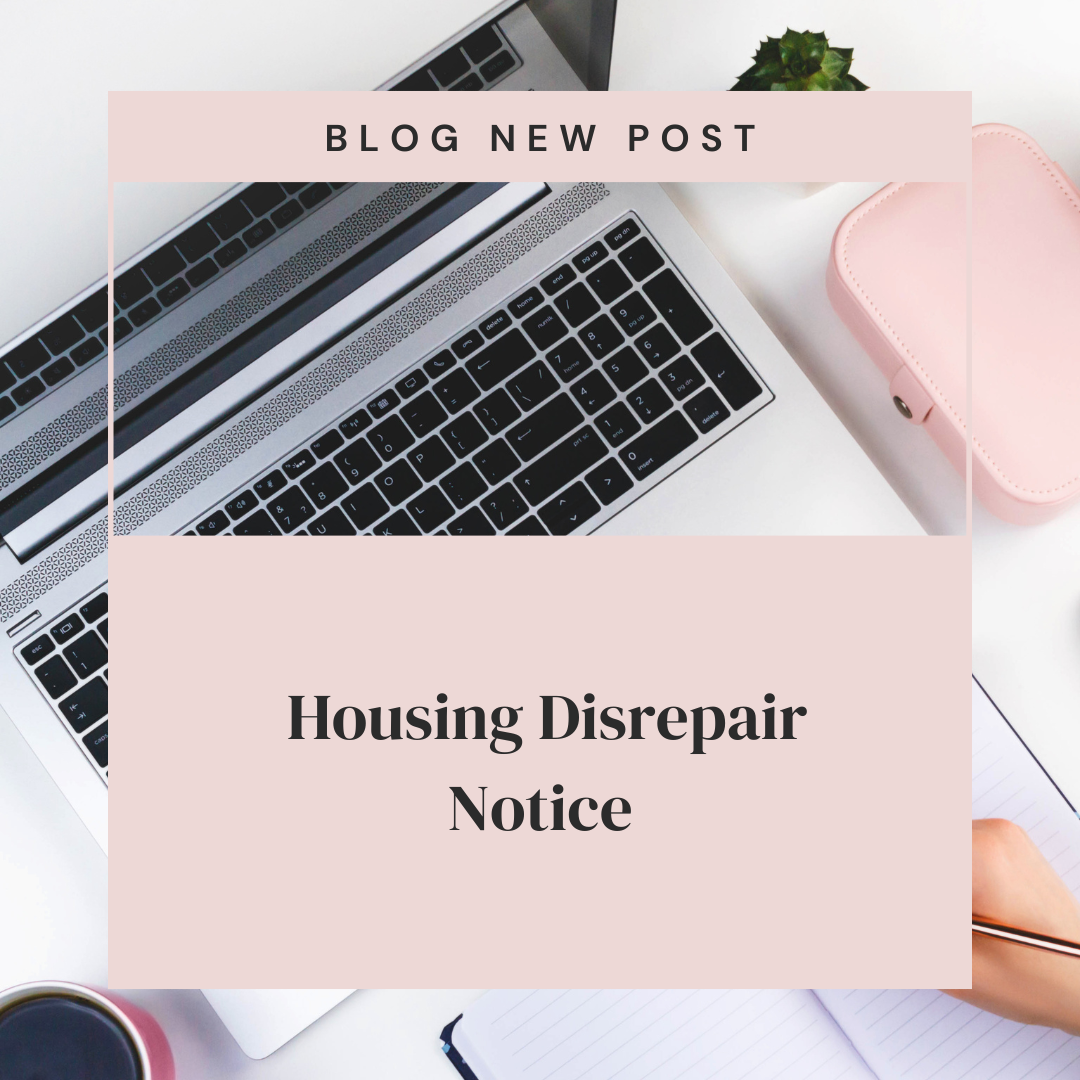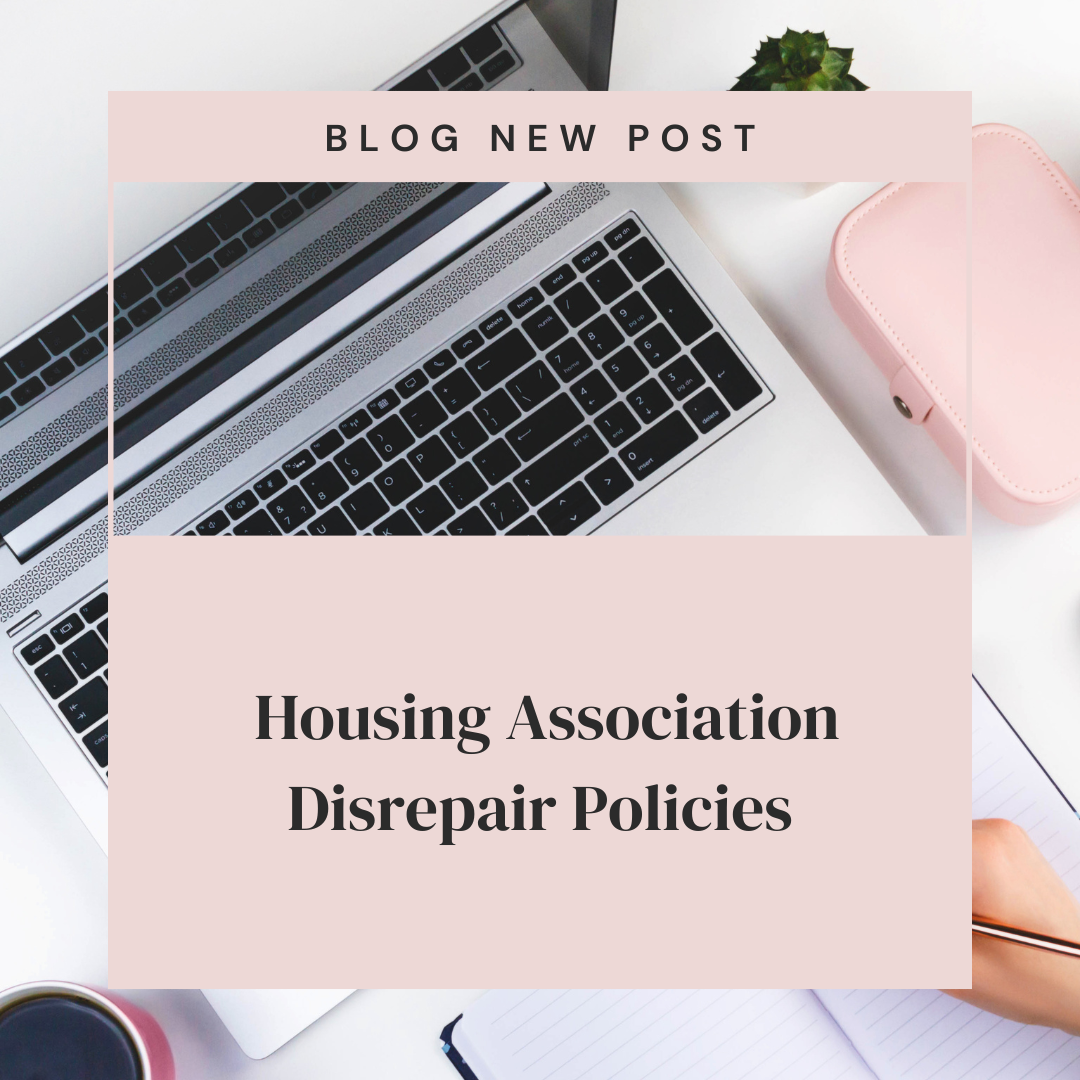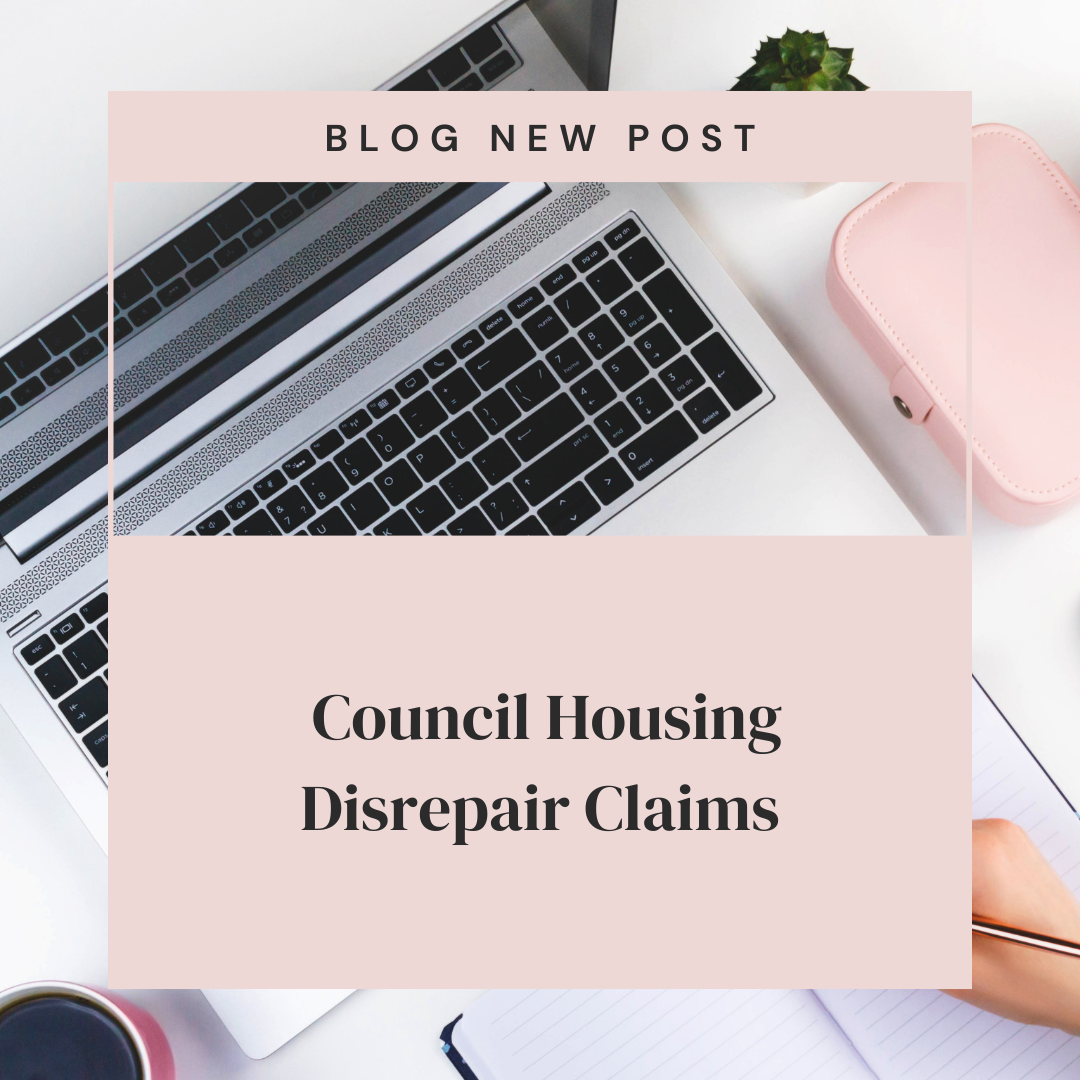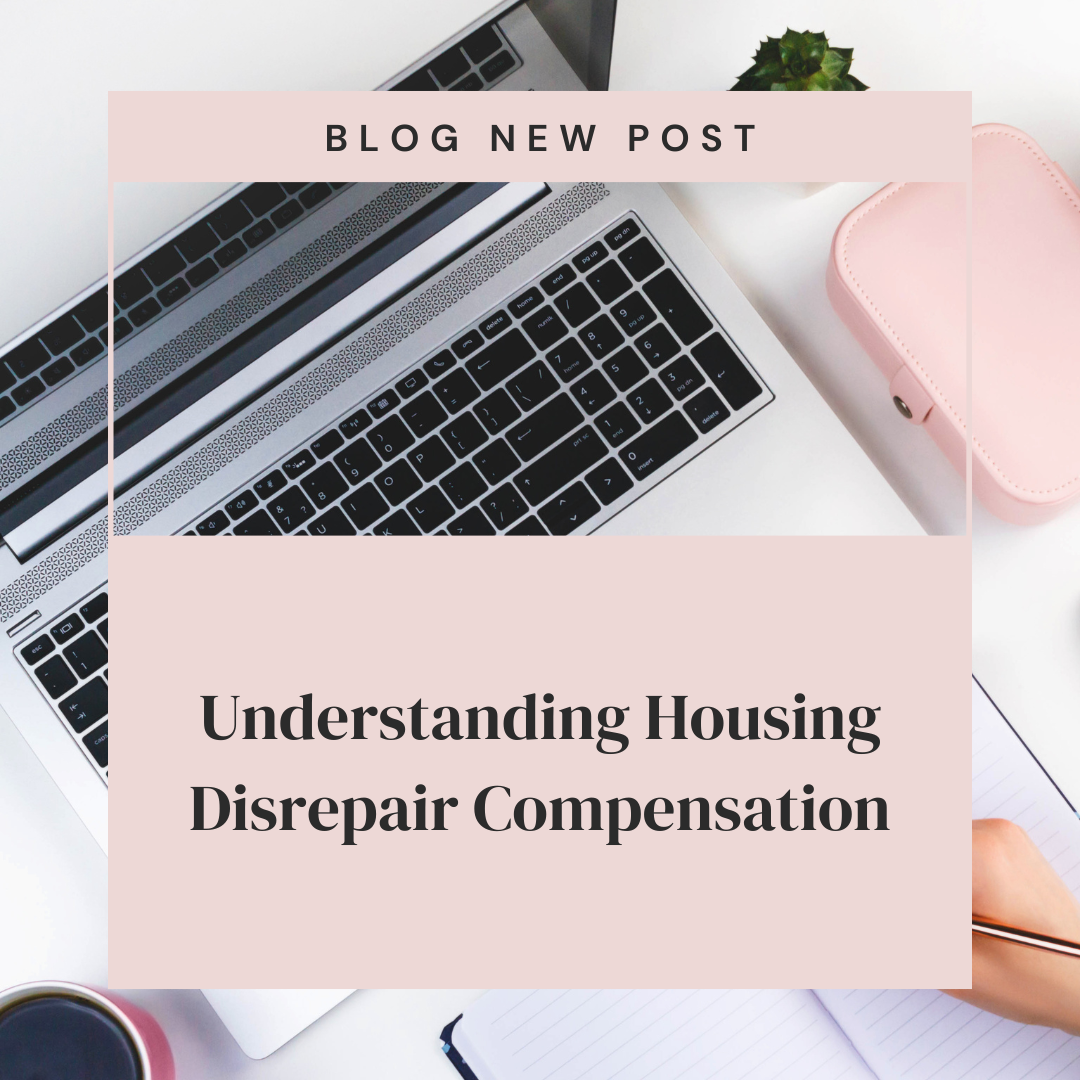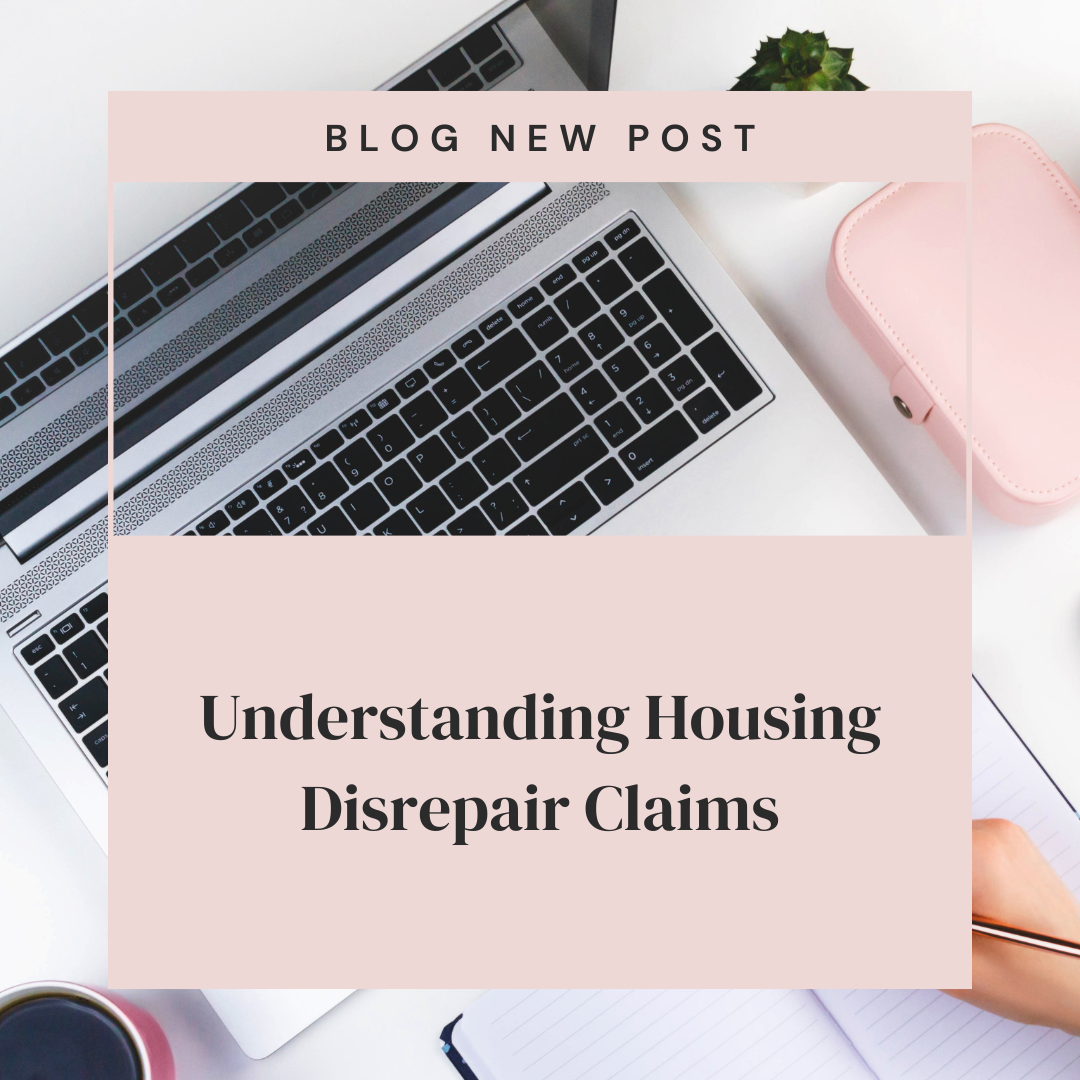Housing and Disrepair: Seeking Better Standards for All
Introduction:
Housing and disrepair unfortunately they seem to go hand in hand these days. Safe Housing is an essential part of our lives, providing us with shelter and security. However, for some individuals and communities, this fundamental need remains elusive due to housing disrepair. This issue not only compromises the physical well-being of residents but also carries significant socio-economic implications. This article delves into the prevalence of housing disrepair, its consequences, and the urgent need for improved standards within the housing industry.
- Understanding Housing Disrepair:
Housing disrepair refers to the inadequate condition of a property, where essential elements such as structural integrity, efficiency, health, and safety are compromised. This may manifest through problems like dampness, leaks, faulty wiring, poor ventilation, or plumbing issues. These conditions often result from poor maintenance, landlord negligence, or insufficient construction.
- Prevalence and Consequences:
Sadly, this affects countless individuals and families worldwide. Varying in severity, these conditions can have profound impacts on physical health, mental well-being, and overall quality of life. Persistent dampness and mold contribute to respiratory issues, allergies, and exacerbate conditions such as asthma. Deteriorating structures may pose safety hazards, increasing the risk of accidents or injuries. Moreover, prolonged exposure to housing disrepair can take a toll on mental health, causing stress, anxiety, and depression.
- Societal and Economic Implications:
The consequences of this extends beyond individual experiences, impacting society and the economy as a whole. Inadequate housing conditions disproportionately affect vulnerable populations, including low-income individuals, marginalized communities, and minorities. This perpetuates inequalities, hindering social mobility and exacerbating existing socio-economic disparities. Moreover, substandard housing can lead to increased healthcare costs, decreased productivity, and lost economic opportunities within affected communities.
- Addressing the Issue:
To combat it effectively, a multipronged approach is required, involving all stakeholders, including tenants, landlords, policymakers, and housing organizations. First and foremost, ensuring comprehensive legislation is crucial in holding landlords accountable for the maintenance and repair of their properties. Strengthening legal frameworks to enforce stricter penalties and guidelines can help deter negligent behavior.
Additionally, empowering tenants to assert their rights through education and support networks is key. Providing accessible channels for reporting and addressing disrepair issues can expedite the resolution process, prompting landlords to fulfill their obligations promptly. Collaboration between housing organizations, local authorities, and other relevant agencies is necessary to prioritize and allocate resources towards remedying disrepair cases.
Conclusion:
It is a pressing social issue, undermining the well-being of individuals and families in this country. It is imperative that we advocate for improved housing standards and work towards the prevention and prompt resolution of disrepair cases. By promoting accountability, enforcing regulations, and empowering tenants, we can strive for a future where safe and adequate housing is a universal right, fostering stronger, healthier, and more inclusive communities.
Important links
Housing Disrepair Advice: https://housingdisrepairadvice.org/contact
Housing Ombudsman: https://www.housing-ombudsman.org.uk/
